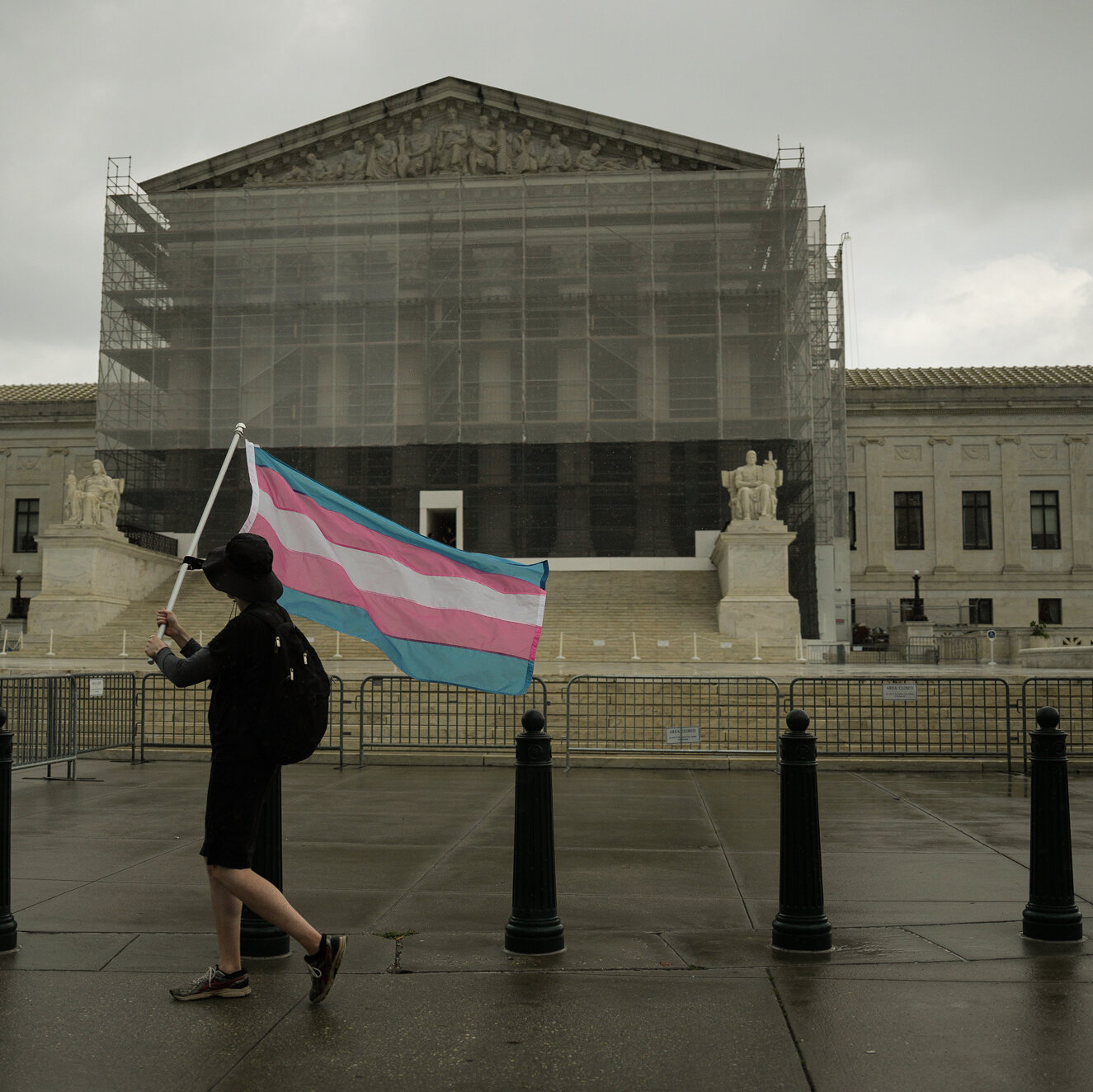Supreme Court Agrees to Hear Cases Involving Transgender Athletes
Supreme Court Agrees to Hear Cases Involving Transgender Athletes

The court announced it would hear challenges to state laws barring transgender athletes from girls’ and women’s sports.
Read the full article on NY Times Politics
Truth Analysis
Analysis Summary:
The article appears mostly accurate, with the central claim of the Supreme Court hearing cases involving transgender athletes supported by available sources. There's a slight potential for bias due to the framing of the issue, but it's not extreme. The date of the article (July 3, 2025) is in the future, which raises a minor concern, but the events described are plausible given the current legal landscape.
Detailed Analysis:
- Claim:** The Supreme Court announced it would hear challenges to state laws barring transgender athletes from girls’ and women’s sports.
- Verification Source #4: Supports the claim that the Supreme Court agrees to hear one of the transgender student cases.
- Verification Source #2: Provides context by mentioning West Virginia's law barring transgender student athletes.
- Verification Source #5: Mentions a court upholding an injunction on Arizona's transgender sports ban, indicating ongoing legal challenges.
- Verification Source #3: Does not cover the topic of transgender athletes, but confirms the NY Times reports on Supreme Court cases.
- Verification Source #1: Does not cover the topic of transgender athletes, but confirms the NY Times reports on Supreme Court cases.
Supporting Evidence/Contradictions:
- Verification Source #4: explicitly states "Supreme Court agrees to hear one of the transgender student cases," supporting the article's main claim.
- Verification Source #2: provides background information on state laws restricting transgender athletes' participation, lending plausibility to the claim that such laws are being challenged.
- Verification Source #5: shows that lower courts are already dealing with these issues, making it more likely the Supreme Court would take up a case.
- The date of the article (July 3, 2025) is in the future. While this doesn't directly contradict the content, it's an unusual detail that warrants noting. It could be a hypothetical scenario or a simple error.

